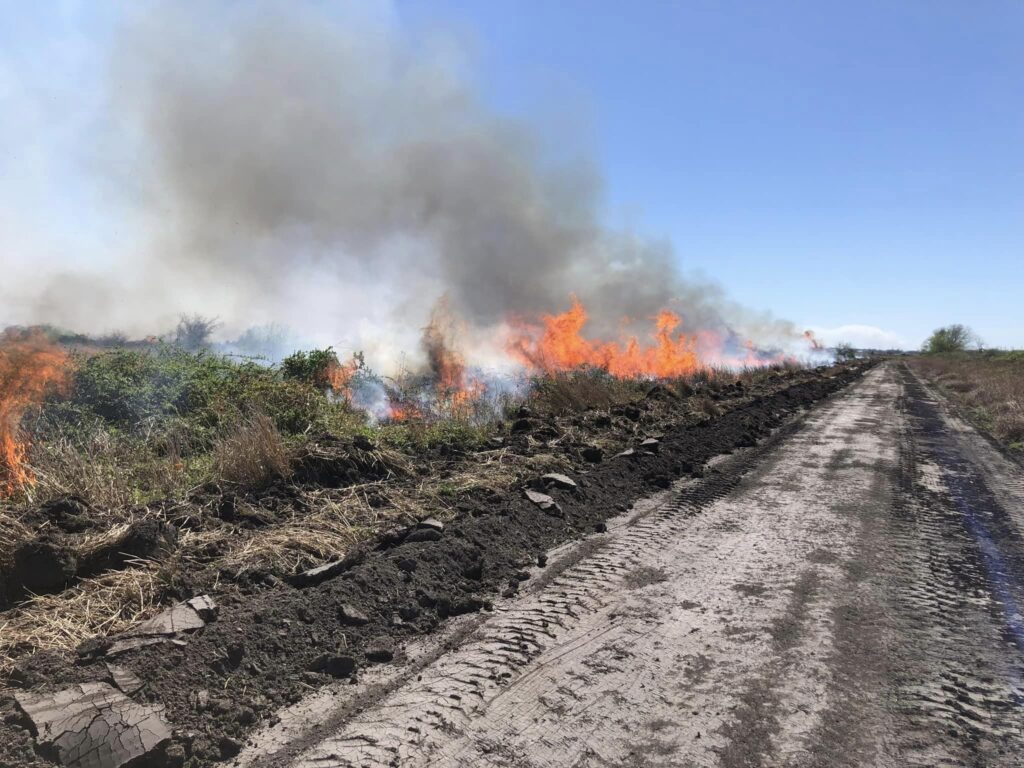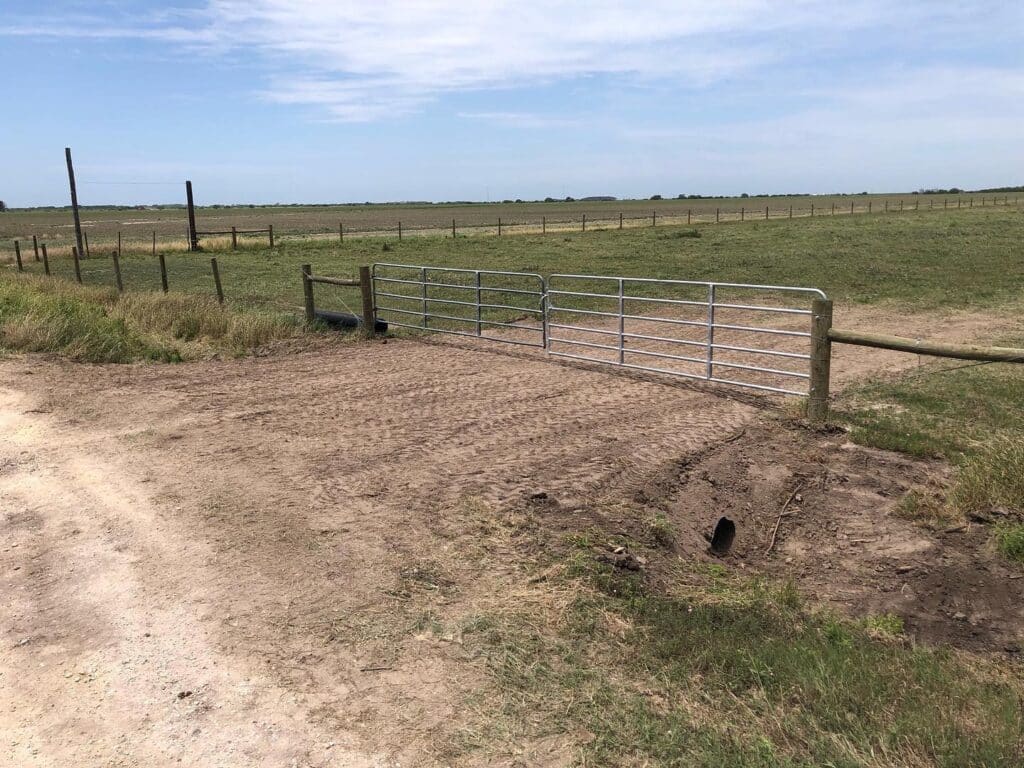“Never sell mineral rights!” This is a common refrain that echoes through the industry. It’s an old saying that’s been passed down through generations, and many still abide by it. However, in the ever-changing landscape of the energy industry, this steadfast rule might need some reconsideration.
Like many aspects of life, the decision to sell or hold onto your mineral rights is deeply personal and depends largely on individual circumstances. In this article, we’ll explore various facets of this complex issue, armed with insights gleaned from industry experts and veteran mineral rights owners.
Table of Contents
ToggleTable of Contents
An Age-Old Maxim Under Scrutiny
The conventional wisdom of never selling mineral rights primarily stemmed from the concept of generational wealth. The idea was simple: mineral rights were seen as a golden goose that would yield wealth over time, growing in value with each passing year.
However, recent industry dynamics, such as advances in extraction technologies and the influx of investment capital into mineral rights acquisition funds, have significantly altered the mineral rights landscape. As a result, mineral owners are now frequently faced with unsolicited, often highly lucrative, purchase offers. Therefore, contrary to the old maxim, selling mineral rights might sometimes represent a prudent and even compelling opportunity.

When Does Selling Make Sense?
While the reasons for keeping your mineral rights can be compelling, there are many personal and financial circumstances where selling could be the more sensible option. Let’s explore some of these situations:
Pursuing Other Investment Opportunities
If your property is nonproducing, you might have to wait years for something to happen – if anything happens at all. Even if production occurs, the expected rewards could be less than anticipated. It may be more rewarding to sell the rights and invest the proceeds elsewhere.
Reducing Administrative Burden
Tracking paperwork, especially for rights spread across different geographical areas and tax jurisdictions, can be daunting. Selling your rights can ease this burden.
Simplifying Estate Planning
Dividing numerous small interests among beneficiaries can create administrative difficulties. Selling the rights and distributing cash proceeds can make estate planning easier.
Easing Divorce Proceedings
Estimating the value of mineral rights during a divorce can be tricky. Cash from a sale can be divided more easily.
Stabilizing Income
Mineral rights can provide inconsistent royalty income. A fixed cash payment from a sale can offer more financial stability.
Diversifying Assets and Reducing Risk
The volatile nature of the oil and gas industry makes the value of mineral rights unpredictable. Selling part or all of your rights can help diversify your investment portfolio and reduce risk.
Resolving Family Disputes
Sometimes, selling mineral rights can be the best way to resolve family disputes over the ownership and management of these assets.

Financial Reasons to Sell
In today’s market, there are also compelling financial reasons to consider selling your mineral rights. These include:
Increased Productivity
The downturn in oil prices in 2014 forced producers to maximize efficiency. The surviving companies are now getting more bang for their buck, increasing the value of associated mineral rights.
Innovations in Drilling
The potential for horizontal drilling into shale deposits has increased the value of many mineral rights, especially in areas with conventional production.
Reduced Risks
Technological advancements have reduced the risks associated with acquiring mineral rights. Returns on wells can now be predicted more accurately, making investments more attractive.
Optimism for Future Prices
Companies are willing to bet on their own predictions of future oil and gas prices, often offering more than the conservative estimates provided by consulting engineers.
Weighing Up the Pros and Cons
If you receive a purchase offer, it’s essential to seek expert advice before making a decision. A professional team can provide you with a detailed appraisal of your assets, taking into account factors such as leasing activity in the area, new wells being drilled, potential royalty streams, and lease bonuses.
Remember, the decision to sell your mineral rights is a personal one, and it’s important to consider all factors, including your financial situation, tax implications, and estate planning needs. With all the facts in hand, you can make an informed decision that’s right for you.
If you have any questions or would like more information about your options and the pros and cons of selling your mineral rights, please reach out to Trull Service Company. They are seasoned industry professionals who can guide you through the process and help you manage your assets.

Selling Mineral Rights
The selling process for mineral owners can be broken down into several key steps, each of which plays a role in ensuring a successful transaction with mineral buyers.
Determining the Value of Your Mineral Rights
Before you can sell your mineral rights, you need to know their worth. This requires a thorough assessment of several factors, including the location of the property, the geological context, the productivity of any existing wells, and current oil prices or gas prices.
Finding Mineral Buyers
Once you’ve determined the value of your mineral rights, the next step is to find a mineral buyer. This could be an individual, a company, or a mineral rights broker.
Negotiating the Sale
The negotiation process involves discussing the terms of the sale with the buyer. This includes the sale price, payment method, and any other relevant conditions.
Completing the Sale
After the terms of the sale have been agreed upon, the final step is to complete the transaction. This typically involves signing a purchase and sale agreement and receiving the agreed-upon payment.
So, Should You Never Sell Your Mineral Rights?
The answer to that question is not as straightforward as the old wisdom would have you believe. The decision to sell or keep your mineral rights should be based on a careful analysis of your personal circumstances and potential financial benefits.
Remember, it’s your asset, and you have the right to make the decision that best suits your needs. Whether that involves holding onto your mineral rights for future generations or selling them to pursue other opportunities, ensure you make an informed choice with the help of trusted professionals.
In the ever-changing world of mineral rights ownership, the only constant is change. So, don’t be afraid to question conventional wisdom and make the choice that’s right for you.











